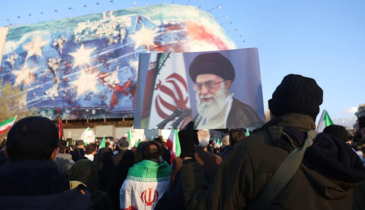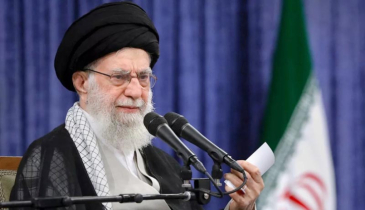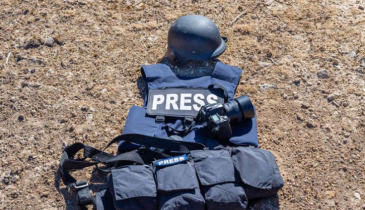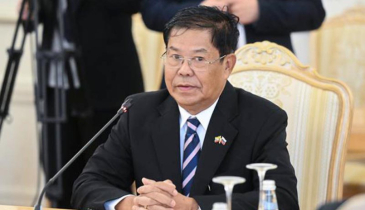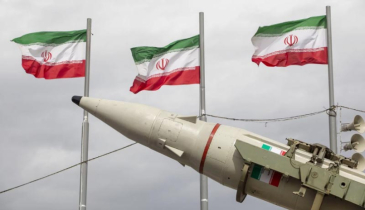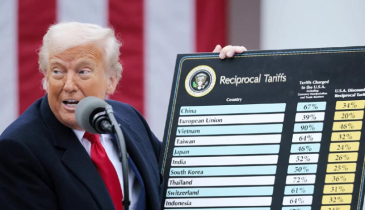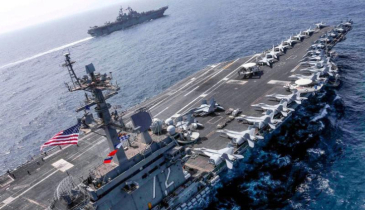China slams Philippines over its joint drills with US-Japan

China sharply criticized the Philippines on Sunday after Manila conducted joint maritime exercises with the United States and Japan in the South China Sea, accusing the three nations of heightening regional tensions.
China’s People’s Liberation Army (PLA) Southern Theater Command urged the Philippines to 'immediately cease provocative actions' and avoid further destabilizing the region, according to a report by the state-run Xinhua News Agency.
PLA spokesperson Tian Junli said the joint patrols with “countries from outside the region” undermined peace and stability in the South China Sea—a waterway Beijing claims almost entirely despite overlapping claims by several Southeast Asian nations.
Tian added that the PLA had conducted its own “routine patrol” in the area on Friday, deploying a bomber formation as part of what China described as standard defensive operations.
Beijing’s criticism follows two days of joint naval drills held from Nov. 14–15 involving the Philippine Navy, the US Indo-Pacific Command and the Japan Maritime Self-Defense Force. The exercises included coordinated maritime maneuvers, aerial operations and communication drills aimed at enhancing joint operational readiness.
The Armed Forces of the Philippines (AFP) said the drills demonstrate Manila’s 'commitment to protecting its sovereign rights' amid repeated maritime confrontations with China in the West Philippine Sea, Manila’s term for the portion of the South China Sea within its exclusive economic zone.
In a statement posted on the AFP’s official X account, the military said the joint exercises reflect shared efforts 'to strengthen deterrence, boost interoperability and uphold freedom of navigation under a rules-based international order.'
The Philippines has expanded defense cooperation with the US and Japan in recent years after a surge in incidents involving Chinese vessels, including water-cannon attacks, dangerous maneuvers, and blocked resupply missions around disputed features such as Second Thomas Shoal.
The latest exchange underscores worsening friction between China and the Philippines. Manila has accused Beijing of increasingly aggressive actions, while China insists Philippine activities—especially those conducted with security partners—violate its territorial sovereignty.
Diplomats and security analysts warn that the South China Sea has become one of Asia’s most volatile flashpoints, with a growing risk of miscalculation as military patrols and drills intensify.
.png)


